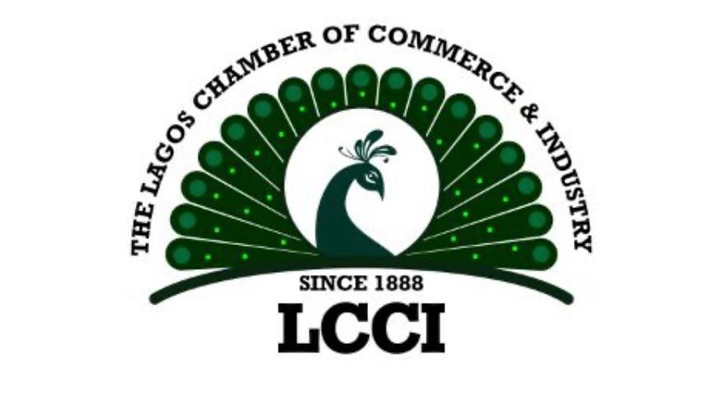Industry stakeholders have called on the federal government to enhance key economic reforms to boost sustainable growth in 2025.
Despite the intense macroeconomic headwinds in 2024, the Nigerian economy exhibited resilience on account of GDP performance. The GDP grew at 2.98 per cent in the first quarter, 3.19 per cent in the second quarter and 3.46 per cent in the third quarter.
Looking ahead to 2025, the president of Lagos Chamber of Commerce and Industry (LCCI), Gabriel Idahosa said that “prospects hinge on sustained fiscal reforms, exchange rate stabilization, and enhanced monetary policy coordination to foster growth, with inflation projected in the 2025 budget to decelerate to 15 per cent as policy impacts crystallize.”
He added that prioritizing diversification, investment in critical sectors, and policy consistency will be essential to achieving the government’s medium-term economic recovery objectives.
Idahosa noted that in 2024, Nigeria’s economic growth remained modest, with GDP expanding at an estimated 3.46 per cent, reflecting the lingering impact of structural challenges, insecurity, and global economic headwinds.
According to him, key growth drivers included the non-oil sector, particularly telecommunications, agriculture, and services, while oil production recovery was hampered by theft and underinvestment. Fiscal reforms, including subsidy removal and tax efficiency measures, supported revenue but added to inflationary pressures.
“Looking ahead into 2025, the outlook appears cautiously optimistic, with GDP growth projected to accelerate upward, contingent on sustained policy reforms, improved oil sector output, and investments in infrastructure. Enhanced public-private partnerships and efforts to bolster economic diversification remain pivotal to achieving inclusive and sustainable growth.”
Also, the director/CEO of the Centre for the Promotion of Private Enterprise (CPPE), Dr. Muda Yusuf added that high inflationary pressure was a major concern in 2024 with November inflation peaking at 34.2 per cent, saying that this situation had a great impact on the economy.
He called on the government to expedite action in boosting the capitalization of the development finance institutions; BOI, BOA, NEXIM to deepen development finance interventions.
He also said that there is need to revitalize and restructure the Bank of Agriculture to support the agricultural sector and agro-allied industries with the much-needed concessionary financing, saying that the current high interest rate in the commercial banks continues to impede the recovery and growth of the Nigerian agricultural and agro-allied sectors of the economy.
He explained that “the Central Bank of Nigeria (CBN) should soften its tightening stance in order to support investment growth and job creation in the economy, adding that “current high interest regime foisted by the tightening regime increases the risk of loan defaults, increasing the prospects of higher non-performing loans in the financial sector.
“High interest rates also increase debt service costs for the government with the current huge exposure to domestic debts. High interest rates typically pose significant risks to business sustainability amidst numerous headwinds.”
Yusuf also called for the need to protect the real economy from the adverse consequences of free market principles, saying that “this is the basis of government intervention in a market economy.”





